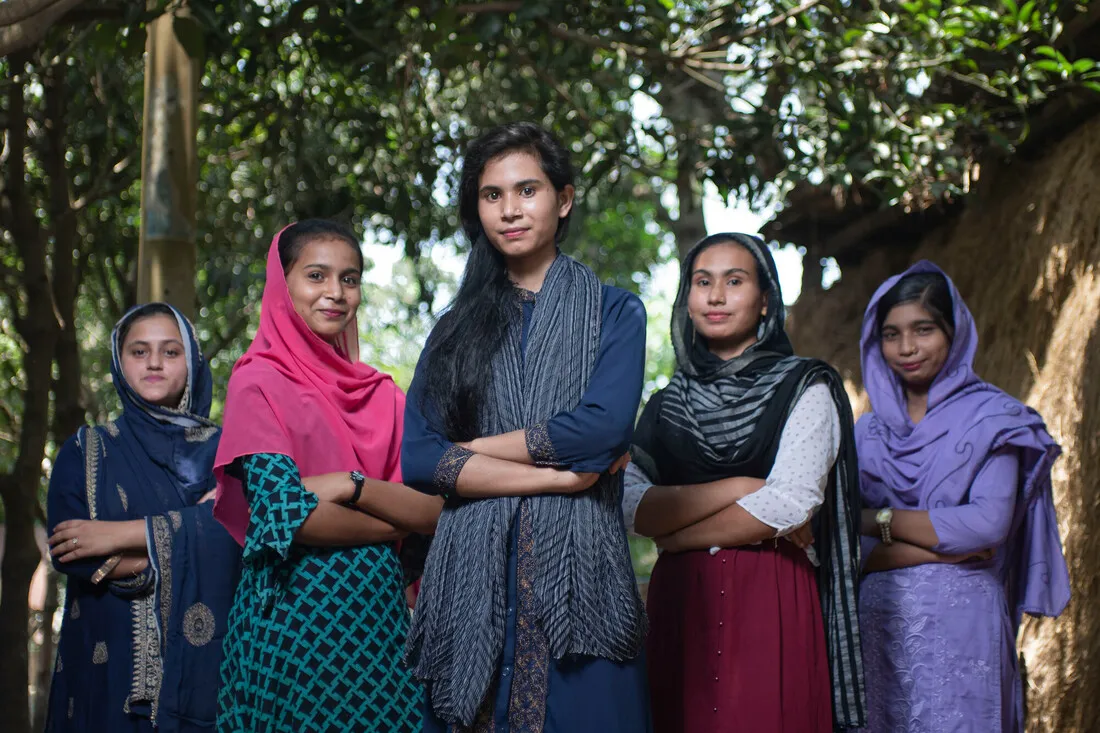Women earn significantly less than men. One in three has experienced physical and/or sexual violence, most often at the hands of an intimate partner. Nearly 60% of the world’s hungry are women and girls. At the same time, women and girls disproportionately bear the burden of meeting their families’ food and care needs.
CARE and our partners have been working toward equality for women and girls for more than thirty years. This extensive experience has strengthened our expertise and reinforced our commitment to promoting equality.
By 2030, CARE aims to empower 50 million women and girls to experience greater equality by ending violence against them, amplifying their voices and leadership, and ensuring equal access to quality education.

